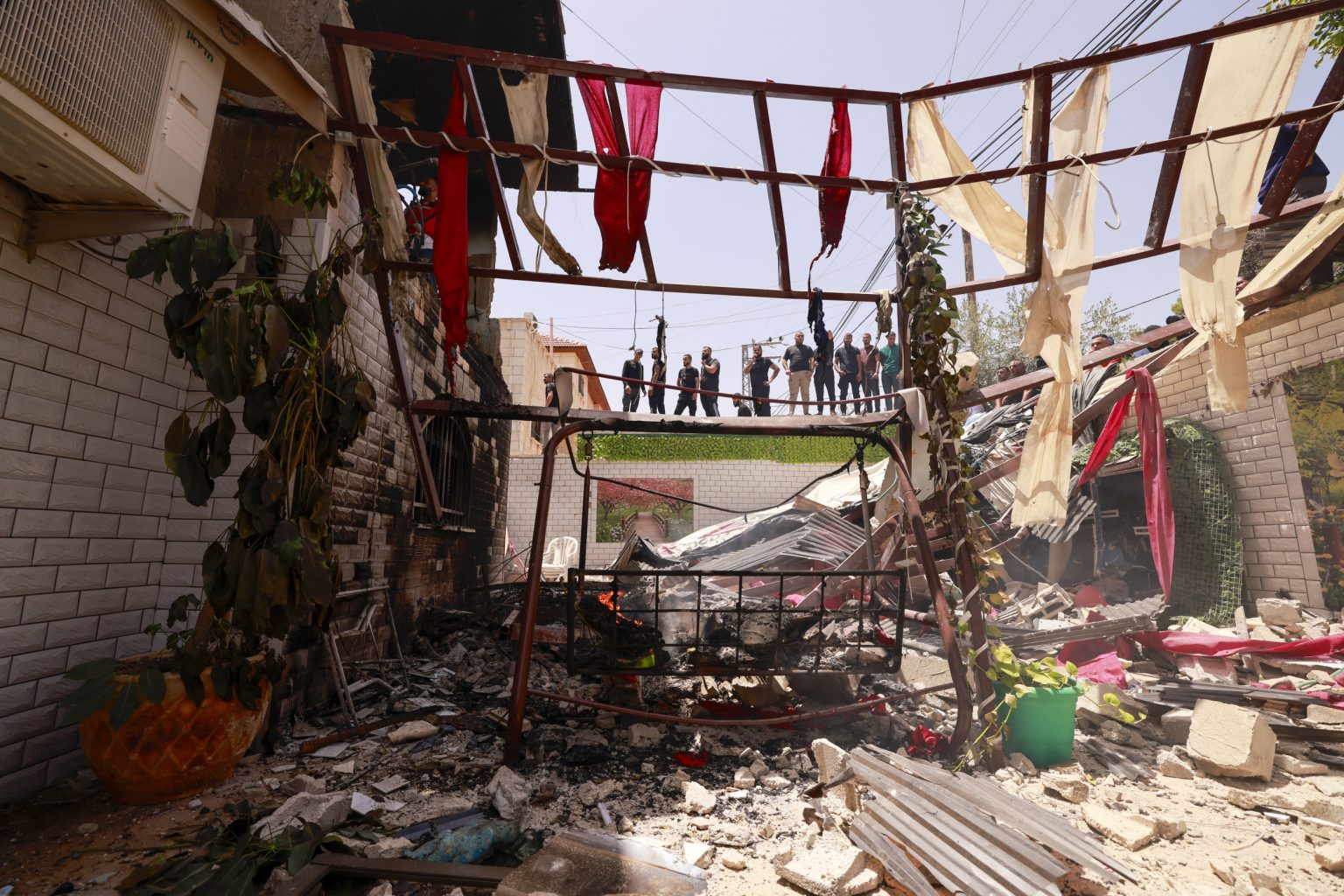On Saturday, an Israeli airstrike in the West Bank city of Jenin resulted in the deaths of two senior Hamas militants, identified as Ahmed Abu Ara and Rafet Dawasi. Israeli authorities claimed that the two militants were involved in planning a shooting attack on August 11 in the West Bank’s Jordan Valley, which resulted in the death of an Israeli civilian. Hamas’s military wing, the Al-Qassam Brigades, confirmed the deaths of their fighters and acknowledged their involvement in the August 11 attack. The recent airstrike is part of escalating violence in the West Bank since the beginning of the Gaza conflict.
In a separate incident on Thursday, Israeli settlers killed at least one Palestinian in an attack on a village near the West Bank city of Qalqilya. This incident has been condemned by the United States, the United Kingdom, and France, adding to diplomatic tensions surrounding the conflict. The airstrikes in Jenin and the attack by Israeli settlers come as President Joe Biden’s administration pushes for a breakthrough in long-stalled Israel-Hamas ceasefire talks. The conflict has resulted in significant casualties, with an estimated 1,200 people killed and 240 taken hostage during the unprecedented attack conducted by Hamas and allied Palestinian factions. The ongoing violence in the West Bank and Gaza raises concerns about broader regional conflict involving Iran and its proxies.
The violence in the West Bank and Gaza has raised concerns about the potential for a wider regional conflict involving Iran and its proxies, including Hezbollah in Lebanon and the Houthis in Yemen. With the ongoing violence, a new round of peace talks is scheduled to resume next week in Doha, Qatar, aiming to bring an end to the 10-month-long fighting in Gaza. However, the recent surge in violence has cast uncertainty over the prospects for a peaceful resolution. The Israeli military maintains that its operations in the West Bank are necessary to combat terrorism and protect its citizens, while Palestinian groups argue that such actions exacerbate tensions and perpetuate the cycle of violence.
Since the beginning of the war in Gaza, there has been a noticeable increase in violent incidents in the West Bank. Israeli raids have become more frequent, and attacks by both Palestinian militants and Israeli settlers have risen sharply. As negotiators prepare to meet in Doha for peace talks, they face the challenge of addressing immediate violence while working towards a long-term solution to the conflict. The talks will take place amidst heightened tensions and recent bloodshed, which are likely to complicate the negotiation process. The situation remains volatile, with ongoing violence and uncertainty surrounding the prospects for a lasting peace agreement.
The recent developments in the West Bank and Gaza, including the Israeli airstrike in Jenin, the attack by Israeli settlers, and the ongoing violence, underscore the complex and volatile nature of the Israeli-Palestinian conflict. As diplomatic efforts continue to find a resolution, the situation on the ground remains precarious, with flare-ups of violence threatening to derail any progress towards peace. The international community, including the United States, the United Kingdom, and France, have condemned the violence and called for a ceasefire. However, finding a lasting solution to the conflict remains a significant challenge, with deep-rooted issues and competing interests on both sides contributing to the ongoing cycle of violence and instability in the region.


